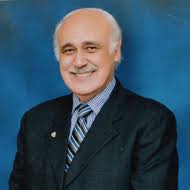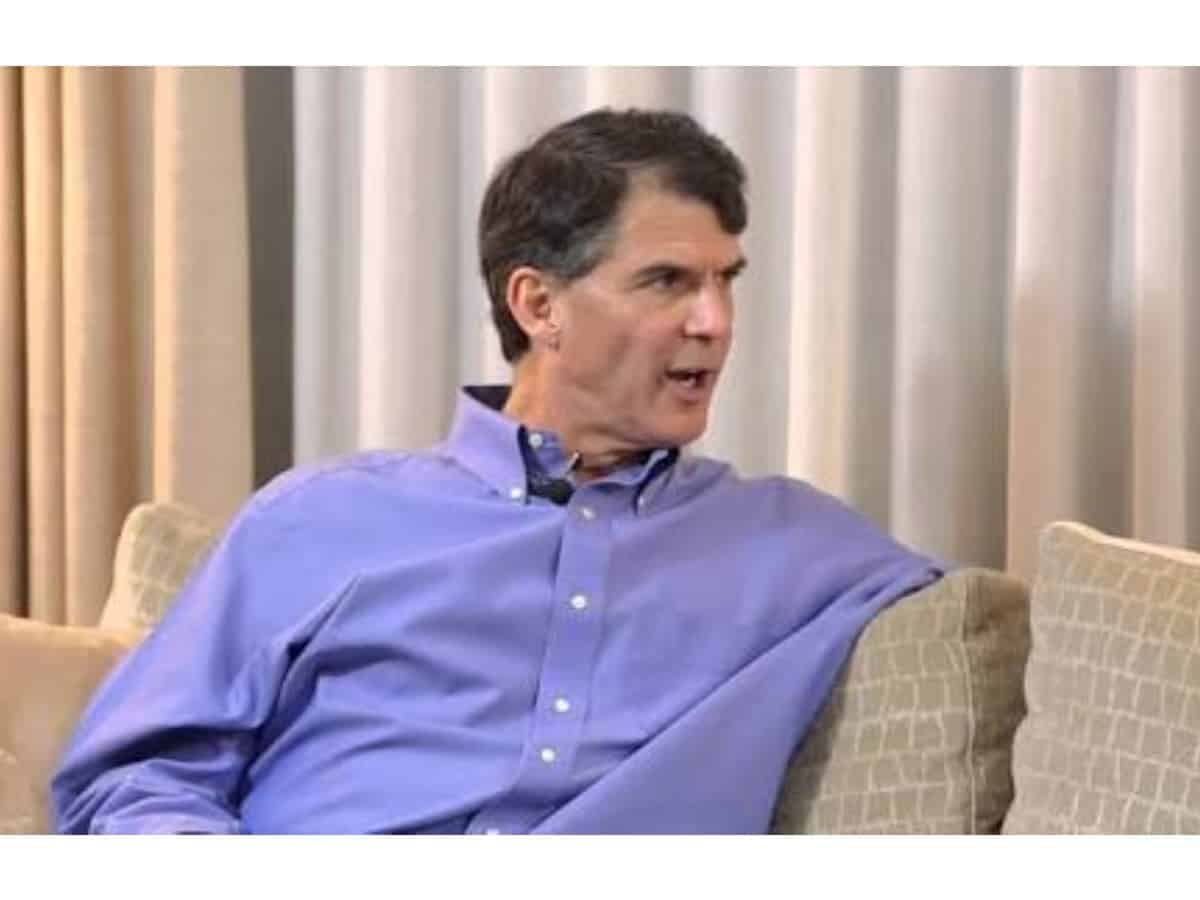
Living through a Covid-19 lockdown is like being imprisoned in a cell, alleviated by home-cooked food, a television set and an unlimited choice of programmes. It is a couch-potato’s heaven, without having to pass through the constriction of death.
For the serious-minded, one of the television programmes on offer is a collection titled ‘Intelligence Squared’. It brings together panels comprising poets, thinkers, philosophers, social savants, critical minds, and unusual voices expressing unorthodox ideas. One such session titled ‘Is Death Final?’ featured Dr Eben Alexander, who went beyond death and then returned to write a book about his experience.
Dr Alexander, an American neurosurgeon and professor at Harvard Medical School, suffered an attack of bacterial meningitis in 2008. For seven days, he remained in a coma in which he was clinically and (according to his doctors) irreversibly dead. After a week, he awoke suddenly, not entirely lucid but intelligible. Then, after three years of deep introspection, he published an account of his unique transition from life to death and return to life, titled Proof of Heaven: A Neurosurgeon’s Journey into the Afterlife (2012). It is the book Lazarus would have authored, had he been literate.
In another Intelligence Squared session, Dr Anup Kumar, a New York based Emergency room physician, posed a thought–provoking proposition. ‘The opposite of death is not life,’ he contended, ‘but birth. The opposite of birth is death. Life does not have an opposite.’ In which case, what is the state that follows that split-second when, as Dr Paul Kalanithi wrote, ‘breath becomes air.’ What is that state of post-mortal consciousness which religions offer as a consolation prize for obedience and piety on earth?
Consider the billions, perhaps trillions, of sentient beings who have breathed this planet’s air since the creation of our universe approximately 13.8 billion years ago. It is incredible that so few souls who have passed to the ‘other’ side should have returned to prepare those still in the queue.
Humans who have had what scientists label NDEs (Near Death Experiences) have been the subject of innumerable books and experiments. While many of their NDEs are plausible, even credible, all of them are affected by one common constraint. They found it difficult to compress their experience into words, so that it could pass through what Dr Alexander describes as ‘the bottleneck of linear language’. The best some could manage was an awareness of a ‘blinding radial consciousness’. To Dr Alexander, it was more ‘an inky darkness that was also full to brimming with light’. A striking synonym for outer space?
Why do we humans refuse to accept the insignificance of our place in the infinity of space. Our self-absorption has taught us to refer to our universe, as if there is only one universe. Scientists tell us that there are in fact multiverses. If so, then how many?
Two scientists from Stanford University – Andrei Linde and Vitaly Vanchurin – made an educated guess, expressing it as a formula: 10^10^10^7. Linde and Vanchurin had to invoke the Bekenstein limit, i.e. a ceiling of ‘the amount of information that can be contained within any given volume of space, and by the limits of the human brain.’ (The human brain at best cannot distinguish more than 10^10^16 universes.)
Dr Alexander puts it another way: ‘Our brain blocks out, or veils, that larger cosmic background, just as the sun’s light blocks the stars from view each morning. Imagine how limited our view of the universe would be if we never saw the star-spangled night-time sky. We can only see what our brain’s filter allows through. The brain – in particular its left-side linguistic/logical part, that which generates our sense of rationality and the feeling of being a sharply defined ego or self- is a barrier to our higher knowledge and experience.’
Will we ever be able to comprehend whatever lies in that vast opposite of Life?
One analogy used by some scientists to life after death is the birth of an infant. No matter how wisdom-ridden the explanations whispered into its ear are as it emerges from the womb, can any infant be expected to apprehend at that moment its future childhood, youth, maturity, and death?
‘What I discovered out beyond, ‘Dr Alexander concluded, ‘is the indescribable immensity and complexity of the universe, and that consciousness is the basis of all that exists [.] If I had to summarize all this, I would say first, that the universe is much larger than it appears [.] Conventional science acknowledges that 96 percent of the universe is made up of “dark matter and energy.” He asks: ‘What are these dark entities? No one yet knows.’
One trip to Islamabad and back where dark entities and political resurrections are common-place could provide an answer.
Fakir Syed Aijazuddin is a public intellectual in Pakistan. He writes regularly for Dawn, Karachi

